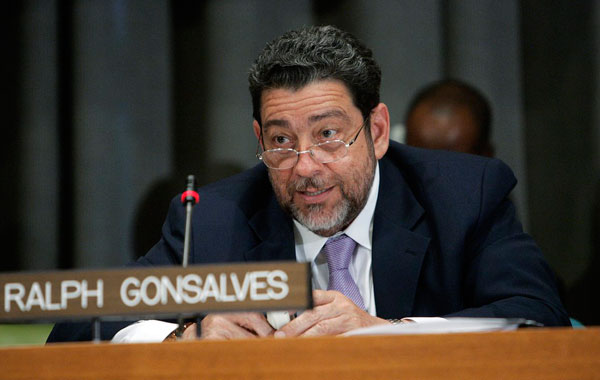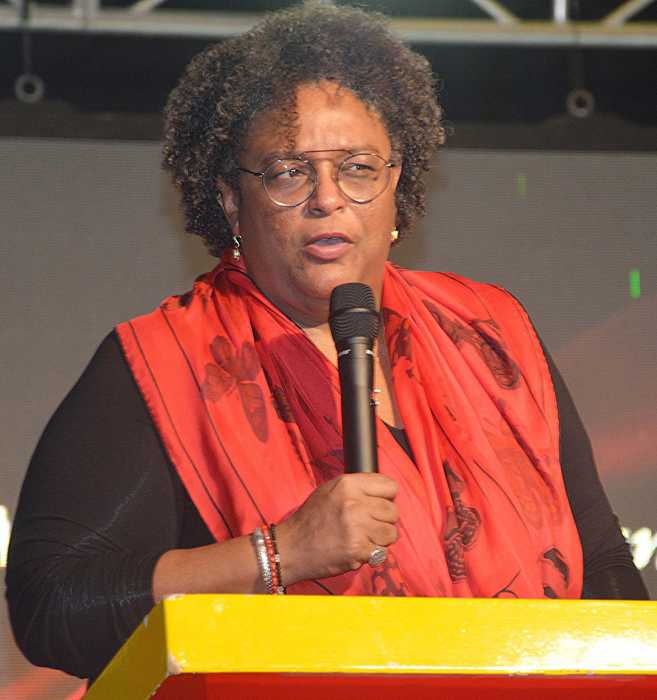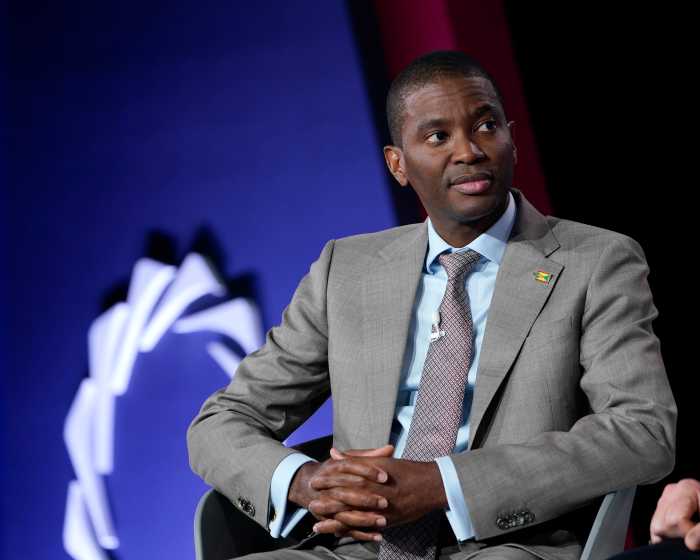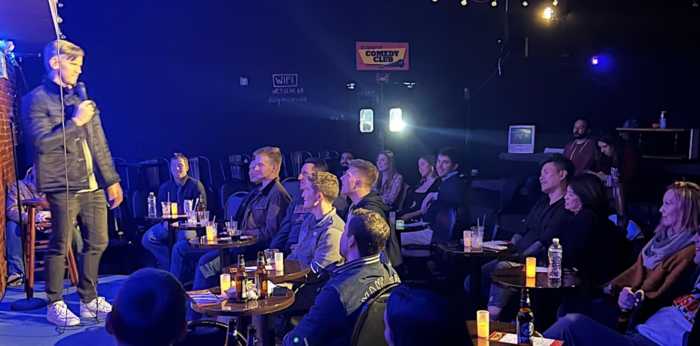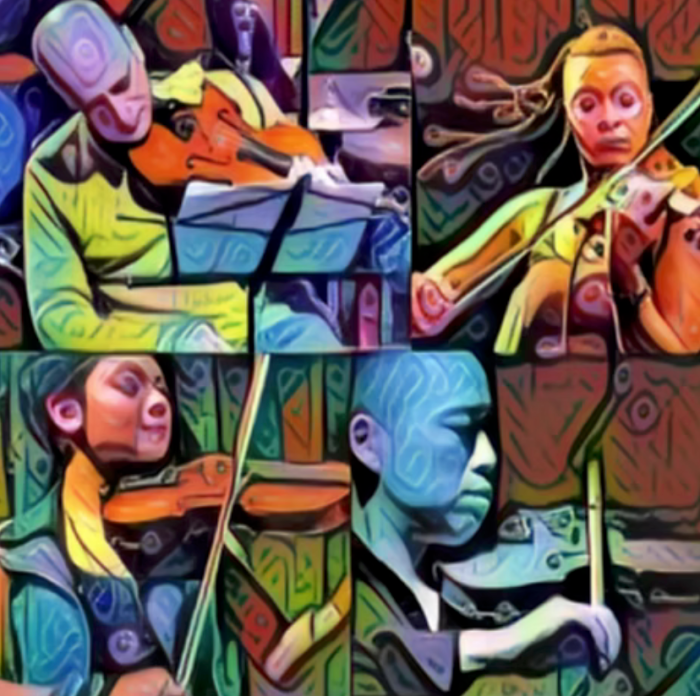CARICOM leaders scheduled to meet for two days in the Bahamas from this Thursday are to bog themselves down with several key issues including a concerted effort to make European nations pay for slavery, work on establishing a marijuana decriminalization commission and put heads together to examine the rise of Islamist extremism in West Africa and the Middle East.
Prime Minister Perry Christie will chair the summit. He said in an announcement that leaders will try to determine how best to finance and set up a commission that would likely recommend changes to legislation in most of the 15-member countries to stop punishing community citizens for possession of small amounts.
Leaders at their last two summits in the past year had also pledged to examine whether the region can cash in on the growing global medical marijuana industry by setting it up in an organized way with rules and regulations.
In this regard, Jamaica appears to have completed most of the research and other work from which other countries could adopt as theirs including a recommendation to parliament to make it a non-custodial felony sin for anyone arrested with less than two ounces of weed.
Its parliament is scheduled to begin a full debate on the whole marijuana issue in the coming weeks as experts look north to the U.S., pointing to its fast growing medical marijuana sector and the billions it is bringing in to the economy in a controlled way.
In the meantime, Christie says he wants the region to pay more than passing attention to Islamic extremism in Africa and the Middle East.
He and other leaders have already activated the umbrella Council of National Security and Law Enforcement to a meeting ahead of the summit. Decisions and recommendations from that meeting will be fed to the main conference “to consider the briefings of the commissioners of police and intelligence agencies in light of the threat of the Islamic State to Iran and Syria (ISIS).”
CARICOM governments have been quietly observing the rise and brutality of extremist in that part of the world but have been careful not to interfere or speak out inappropriately because of fears of a backlash from these groups. Christie nevertheless thinks the time is ripe for the region to discuss the issue especially in the wake of the recent executions of dozens of Christians in the Middle East and Africa.
The agenda also includes a full discussion on the status of efforts to make Britain and other European nations compensate the region for the brutal Trans Atlantic slave trade.
Governments have established an umbrella body to study the issue. The commission has already hired a British human rights law firm which had forced Britain to pay compensation to Kenyan tribesmen for atrocities committee against them in the colonial era.
It is unclear whether lead head of government, Prime Minister Ralph Gonsalves of St. Vincent will brief leaders on the marijuana issue or whether representatives from the umbrella regional body will do so.
The plan is to formally sue the UK, Spain, The Netherlands, France and others which brought African slaves across the Atlantic to work on sugar and other plantations without pay for hundreds of millions of millions of dollars despite the passage of time.
Christie said that a another crucial agenda item would be the search for financing for the Guyana-based bloc headquarters and related institutions.


